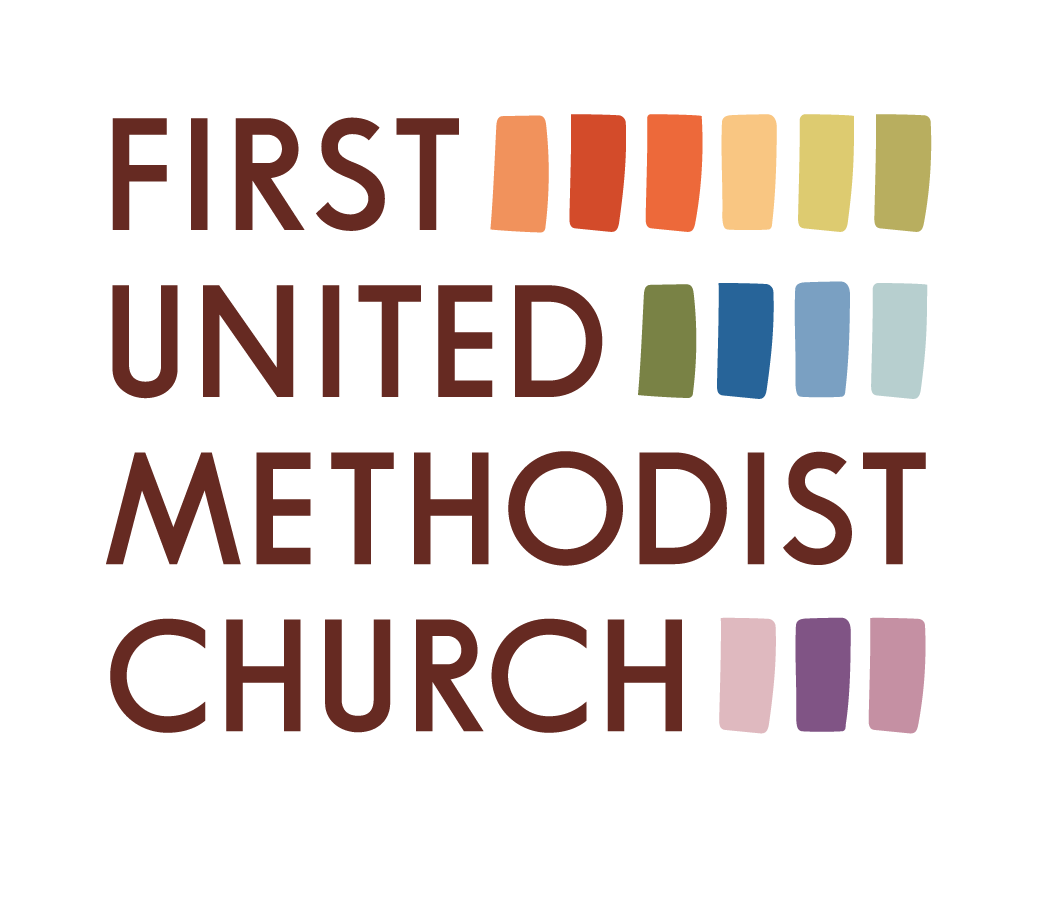The Line Between Church and State
The newest revision of our United Methodist Social Principles is hot off the Cokesbury press!
The Social Principles are our denomination’s ethical aspirations for the common good in public policies and personal commitments.
I first encountered these principles in confirmation class. Boy did they pack a wallop! I remember the pride I felt when I learned that in the stickiest, murkiest, and most important issues of our day, the United Methodist Church knew where it stood.
For the first time since they were first approved in 1972, the social principles have undergone a complete revision with 4 primary focuses: the community of all creation, the economic community, the social community, and the political community.
Having heard the emphasis of the separation of church and state when learning about the early days and key principles of our country, I was most interested in what our principles had to say about our political involvement. Well before I became a preacher, I’d heard many say that we needed to “keep politics out of the pulpit.”
The updated principles emphasize that “our involvement in political systems is rooted in the Gospel imperative to love our neighbors, to do justice, and to care for the vulnerable. As United Methodists, we acknowledge that love requires responsible political action and engagement aimed at the betterment of society and the promotion of the common good.”
It’s no wonder that we, a United Methodist Church, ended up with the core values of worship, inclusion, justice, service, and community, and that our vision is to be an inclusive Christian community who loves everyone unconditionally and connects with our neighbors to build a more just world. The Methodist runs deep in us!
Since confirmation class I have read scripture more deeply and developed a clearer understanding of the church’s place in this world. I came to understand that ‘keeping politics out of the pulpit’ is simply not possible; our whole ethical and communal selves are political.
The Gospel is political. Jesus was political. We say Jesus is Lord, the King of Kings: this is political.
By respecting the separation of church and state, we’re not saying that the church ought not be political. Rather, it’s an understanding that neither government nor religious institutions ought to control one another. Thus, our church will continue to be political and will continue to engage the politics around us through the lens and call of our faith.
Earlier this month, the IRS declared that churches could endorse political candidates without losing their tax-exempt status. Some who have seen this news have asked if our church will start endorsing political candidates, “now that we can.” The fact that our taxes can dictate how we move as ethical beings and institutions in the world is a separate conversation entirely, but the short answer is: No. Absolutely not.
There is a big difference between political and partisan.
To be partisan is to align specifically with a particular political party or candidate, not simply some of the values and actions that that party or candidate may support.
I recognize that I may draw the line between political and partisan in a different place than others might (or than others might prefer I do). You may experience these weekly posts to be quite partisan, try as I might to examine everything I say through the lens of the Gospel and not through the lens of one political party or another.
Our United Methodist social principles continue, “while we do not believe churches should affiliate with particular political parties, we do encourage churches to speak out boldly on social issues from a gospel perspective. We further believe churches have a right and responsibility to educate and equip their members to be effective advocates for justice in the wider world.”[1]
We don’t follow the democrats, independents, or republicans. We follow Christ.
We don’t endorse one candidate or another. We endorse the love of God open to all.
Thus, we will not be giving any official endorsement to any political party or politician.
We will continue to keep all parties and politicians accountable, calling out behavior or policies that do not align with the love of neighbors, support of justice, and care of the vulnerable.
We will continue to educate, organize, and act on our convictions as disciples of (a political) Jesus Christ in our local, state, and national politics.
Our baptismal vows to resist evil, injustice, and oppression in whatever forms they present themselves call us, as people of faith, to be political. You’ll get to witness these vows again as we baptize Freddie Rigler on Sunday morning at 10:30am, and many will live into these vows as we commission our SLAM and PRIDE participants later in the service.
These are trying and tender times, my friends, but they are not times for timidity. As we said in the sharing of our bold initiatives: let us be loud, salty, and bright as we stand and act for justice throughout all of God’s creation.
May God be our guide.
With non-partisan love,
Pastor Karyn
[1] General Board of Church and Society: "TAKE ACTION: IRS Declares Churches Can Endorse Political Candidates Without Tax-exempt Status Penalty”

